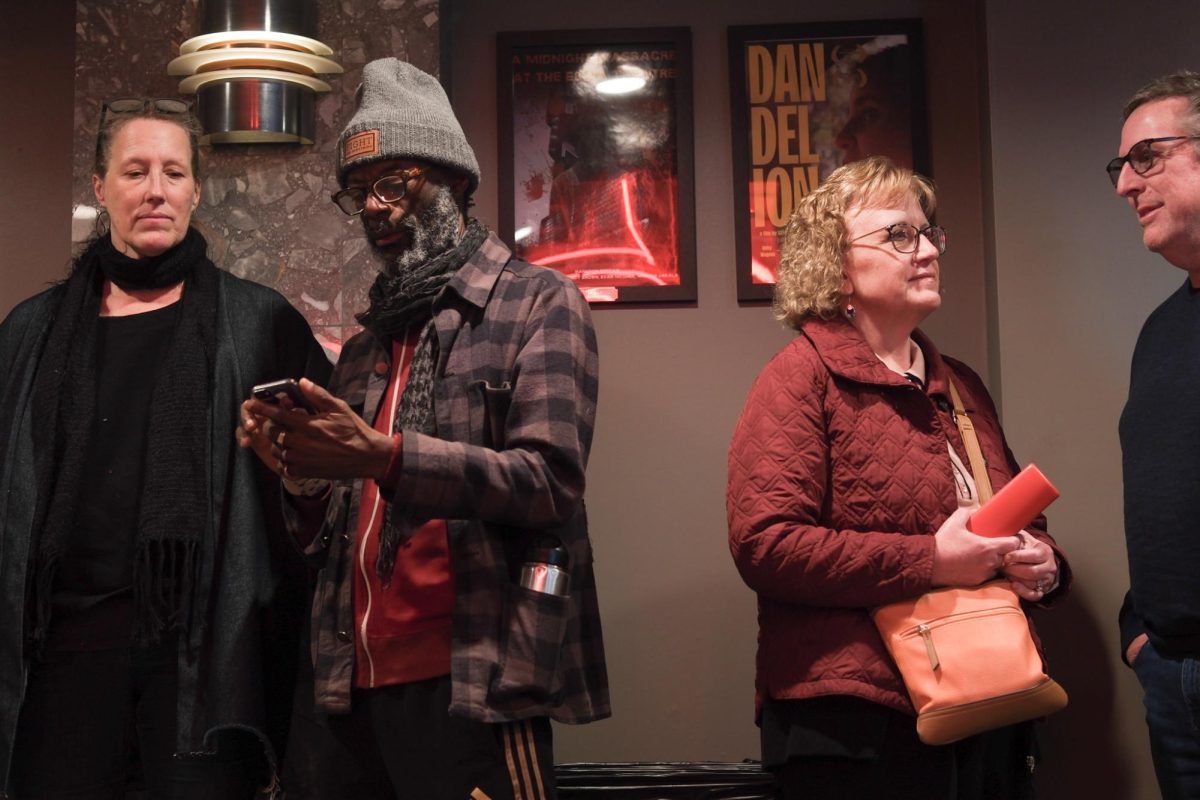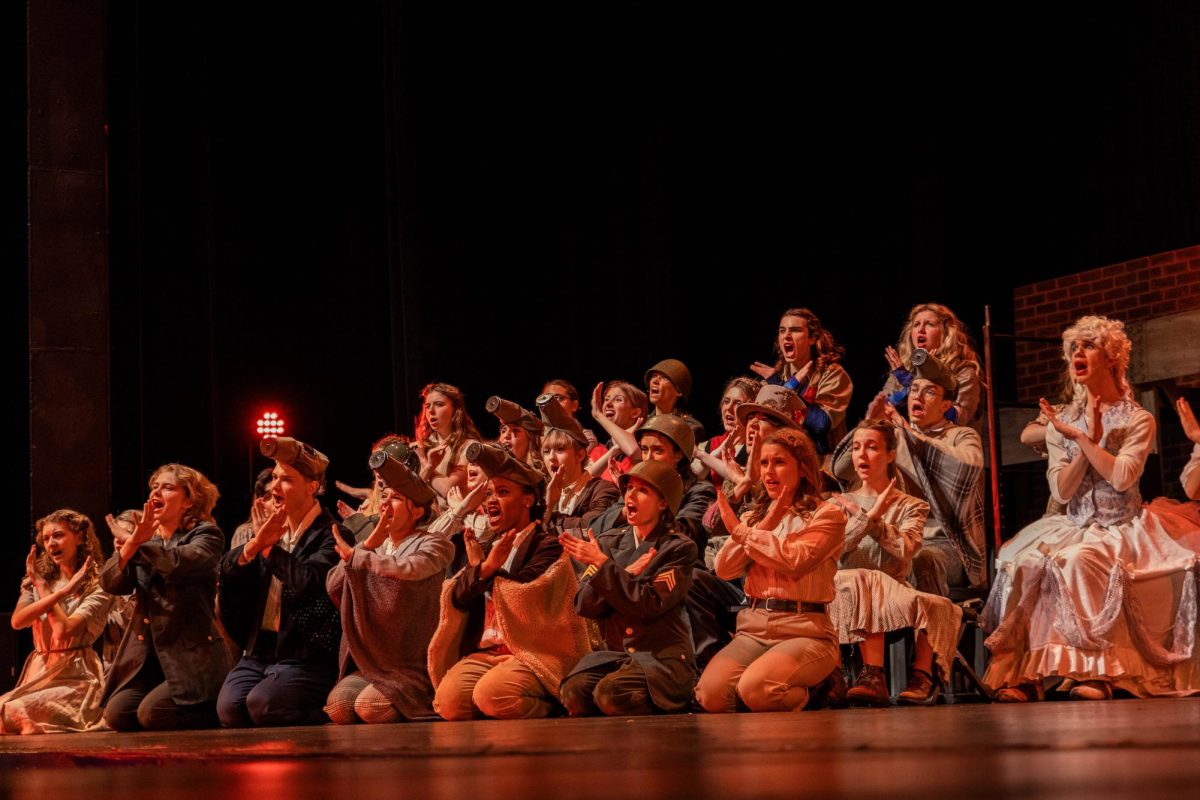Since 1929, award ceremonies have been held annually to recognize the remarkable films, television shows, theatre pieces, and music of the year. Tens of millions of viewers tune in to watch the prestigious awards every year, holding their breath in hopes that their favorite movies or artists will be awarded.
Recently, however, viewership of the award season ceremonies has plummeted. Award shows are seemingly failing to capture public attention and are consequently losing the prestige they enjoyed in the past.
The COVID-19 pandemic could partly be to blame. In 2019, 29.6 million people tuned in to watch the Grammys on television, but after the pandemic, that number plummeted to a mere 10.4 million in 2021.
To make matters worse, numerous award shows have been entangled in controversies regarding discrimination. In 2021, the Hollywood Foreign Press Association, which voted on the winners of the Golden Globe awards, was exposed for having zero black members among its 87 members. Once this startling reality was uncovered, the show was shunned by celebrities and the public, and NBC even refused to air the awards in 2022.
The Grammys were not spared from criticism either; stars like Drake and The Weeknd have criticized the Recording Academy, the presenter of the Grammys, for their history of snubbing black artists and the confidential nature of the Grammys’ voting committee. As a result, both artists withheld their music from Grammy consideration in 2023.
Although they declined the chance for their music to receive one of the most prestigious awards, both Drake and The Weeknd have attained critical and commercial success, raising the question of whether or not the Grammys will remain the signifier of utmost success for future artists.
Yet, this year, there has been an upsurge in the public’s interest in award shows. The 2024 Grammy’s were watched by 16.9 million people, 34% more than the previous year. With the diverse pool of performers at the ceremony, it’s no wonder the awards enjoyed such an uptick in viewers. SZA, Billie Eilish, and Dua Lipa drew the attention of Gen Z, whose interest in award shows has been waning recently, while music legends Tracy Chapman and Joni Mitchell delighted older generations with their nostalgic performances.
In terms of eliminating discrimination during their voting, award ceremonies still have a long way to go. However, they remain a force for good when they use their massive platforms to shed light on the stories and triumphs of marginalized voices. This year, actress Lily Gladstone was the first Native American to be nominated for an Oscar for Best Actress. In 2023, singer Kim Petras became the first transgender woman to win a Grammy for Best Pop Duo/Group Performance.
Will award ceremonies retain their prestige? It’s unclear, yet they are sure to remain hallmarks of pop culture, whether it’s for the right reasons or not.
This piece was originally published in Zephyrus’ print edition on April 18, 2024













